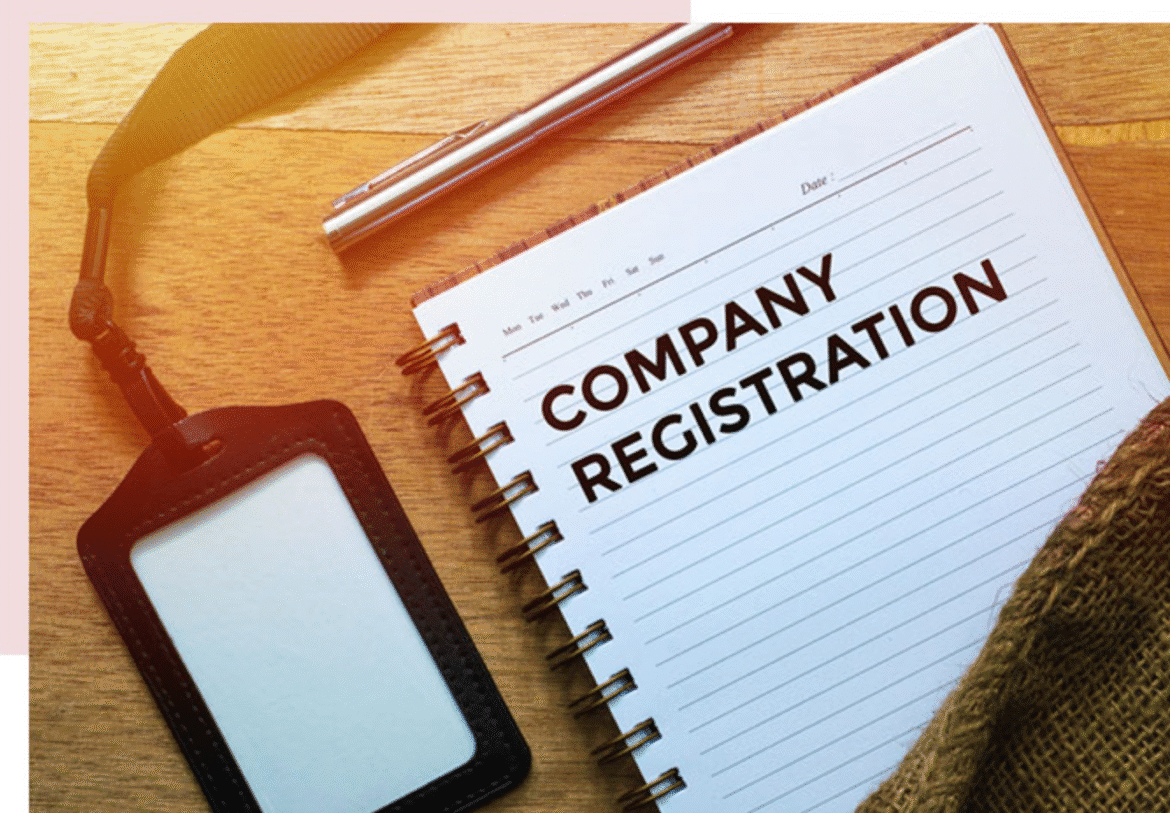How to Open a Company in the UK (Without the Overwhelm)
Thinking of starting a business in the UK? Whether you’re a budding entrepreneur with a brilliant idea, a freelancer ready to go official, or an overseas founder exploring UK opportunities, you’re in the right place.
Opening a company in the UK is surprisingly straightforward compared to many countries. But that doesn’t mean it’s all rainbows and tea. There are steps to follow, decisions to make, and a few pitfalls to avoid.
Let’s break it down, in plain English; so you can get up and running with confidence.
Step 1: Choose the Right Business Structure
First things first: what kind of company are you opening?
In the UK, the most common types are:
-
Sole Trader – You run the business as an individual. Simple setup, fewer admin headaches. Great if you’re a freelancer or one-person show.
-
Limited Company (Ltd) – A separate legal entity. Offers limited liability (i.e. your personal assets are safer). Ideal for growth, hiring, or raising investment.
-
Partnership – Two or more people share responsibility. There are general partnerships and limited liability partnerships (LLPs).
Tip: Most people opt for a Limited Company if they want to appear more established or plan to scale.
Step 2: Pick a Company Name (That Isn’t Taken)
You’ll need a unique business name that’s not already in use or too similar to an existing company.
Use the Companies House name checker to see if your desired name is available.
A few rules to remember:
-
It must end with “Ltd” or “Limited”
-
No offensive or sensitive words (yep, they check)
-
Avoid anything that implies government backing unless approved
Step 3: Register Your Company (This Is the Official Bit)
Now it’s time to register with Companies House, the UK government’s official registrar.
You can do this:
-
Online via GOV.UK
-
Through a formations agent (they often offer extras like business bank accounts or registered office addresses). I recommend https://www.yourcompanyformations.co.uk/
You’ll need to provide:
-
Your company name
-
A UK address for your company (can be your home, accountant, or virtual office)
-
At least one director
-
Shareholder info (can be the same person as the director)
-
A Standard Industrial Classification (SIC) code (tells Companies House what you do)
Cost: £12 if you register online. It usually takes 24 hours.
Step 4: Register for Taxes with HMRC
If you’re setting up a Limited Company, you’ll need to:
-
Register for Corporation Tax within 3 months
-
Set up PAYE if you’re hiring employees (or even paying yourself a salary as director)
-
Possibly register for VAT if your turnover will exceed £90,000/year (or if you want to reclaim VAT on business expenses)
Sole traders just need to register for Self Assessment with HMRC.
Step 5: Open a Business Bank Account
If you’re running a limited company, you must open a separate business bank account, it’s a legal entity, after all.
Sole traders don’t have to, but it’s highly recommended. Keeping personal and business finances separate makes tax time a thousand times easier.
Some top UK business banks include:
-
Starling Bank (great for small businesses)
-
Monzo Business
-
Revolut Business
-
Barclays, HSBC, NatWest (more traditional options)
I recommend Revolut Business
Click here to open a Revolut Business bank account.
Step 6: Keep Good Records and Stay Compliant
Once you’re set up, don’t disappear on Companies House and HMRC. You’ll have ongoing responsibilities:
Limited Companies:
-
File Confirmation Statement annually
-
Submit Annual Accounts
-
Pay Corporation Tax
-
Keep track of income and expenses
Sole Traders:
-
Complete a yearly Self Assessment
-
Track earnings, expenses, and invoices
Tip: Use accounting software like FreeAgent, QuickBooks, or Xero to make life easier.
On A Final Note: It’s Easier Than You Think
Starting a company in the UK isn’t just doable, it’s a fairly streamlined process compared to many countries. And with the right mindset, tools, and support, you can be fully registered and ready to trade in just a couple of days.
If you’re still feeling unsure, don’t stress. Many formation agents and accountants offer help at every step, some even for free when you sign up for services like banking or bookkeeping.



